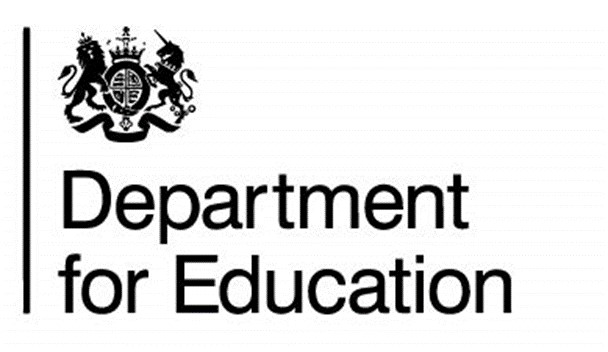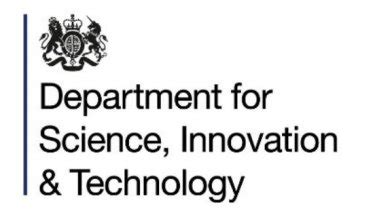UCD cannot be built by government, since HMG has no remit to create systems for individual-individual and individual-private-sector relationships. But the proposal is of such scale that it cannot easily be built without cooperation from relevant government departments. Unfortunately, they are all somewhat slow in offering help towards, or at least recognition of, what UCDx is trying to do. Details follow, and are accurate as of May 2024:

DfE has been aware of UCD for at least five years, as a result of various meetings with civil servants, and letters to politicians. Notably, in 2019, there was a top-level meeting arranged at the instigation of HMG’s then Chief Scientific Adviser (CSA) for National Security and attended by the DfE’s own CSA and its chief data officer. But rather than work with UCDx to create open multi-application wallet infrastructure, DfE has chosen – under their Project Titan – to focus on a single wallet application, the transition from secondary to FE, using a DfE branded digital wallet, and taking data from the centralised Learning Record Service, rather than directly from learning providers. DfE has not shown any evidence of long-term thinking about organization, business, funding or governance models for wallet infrastructure.

DSIT is charged with the development and implementation of the UK Digital Identity & Attributes Trust Framework (UKDIATF) which, so far, only really set outs the requirements for single-use identity proofing providers, and ancillary organisations.
The staff in DSIT’s digital identity team have yet to focus on the need for a managed market of digital wallets as a way to give individuals control of legal identity AND many other types trustworthy personal data.They do not seem to realise that:
DSIT’s slowness is – probably – the result of a remit that has been constrained by agreement with other government departments. UCDx continues to lobby for change.

Following the failure of gov.uk Verify, Cabinet Office is charged with the development of OneLogin, a combined single-sign-on and back-office identity-provider (IdP) for use by individuals seeking access to central government services. As yet, there is no clarity from Cabinet Office / GDS on a number of points:
These three points were raised informally with Cabinet Office civil servants in the course of 2022, and generally met with a response of the kind “We don’t know; we will get back to you”. It may soon be time to raise the points more formally.